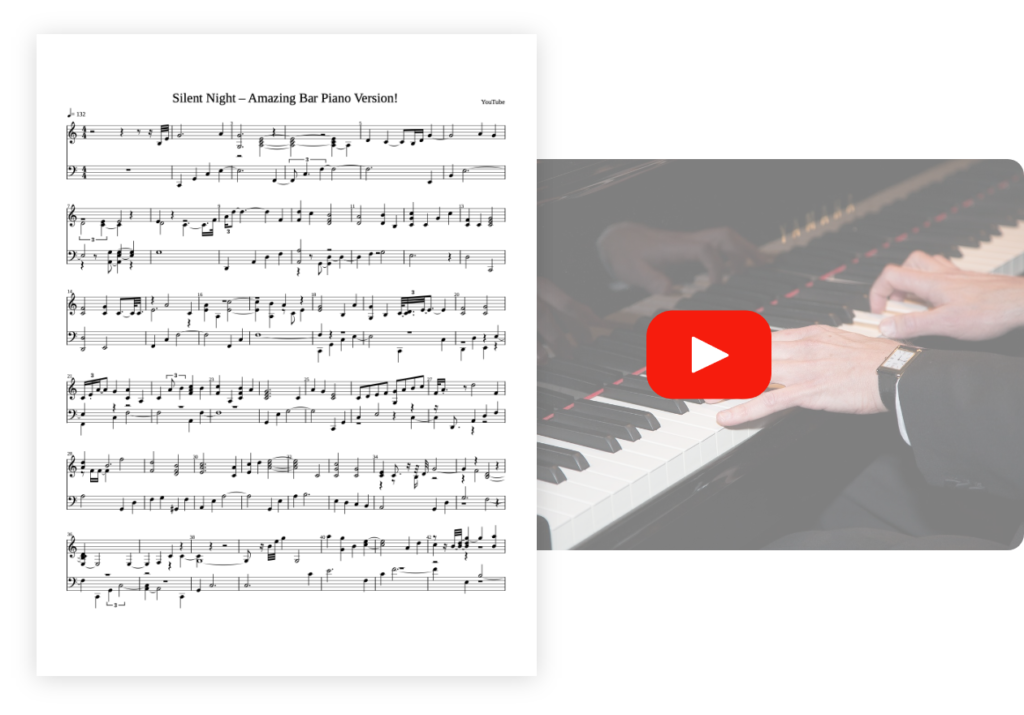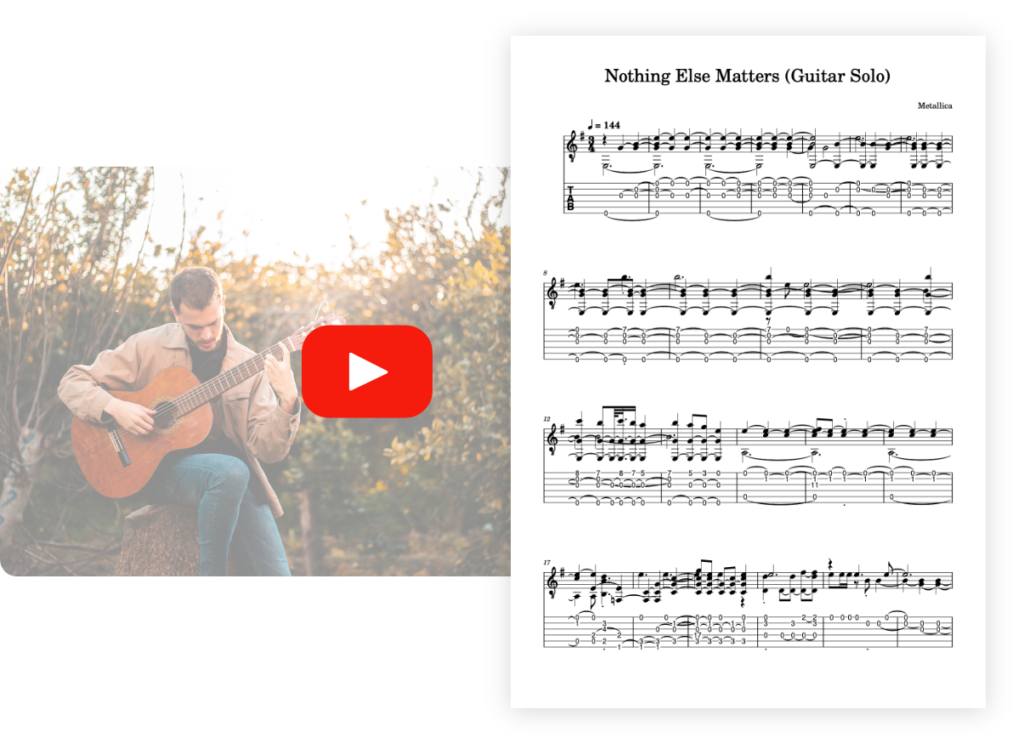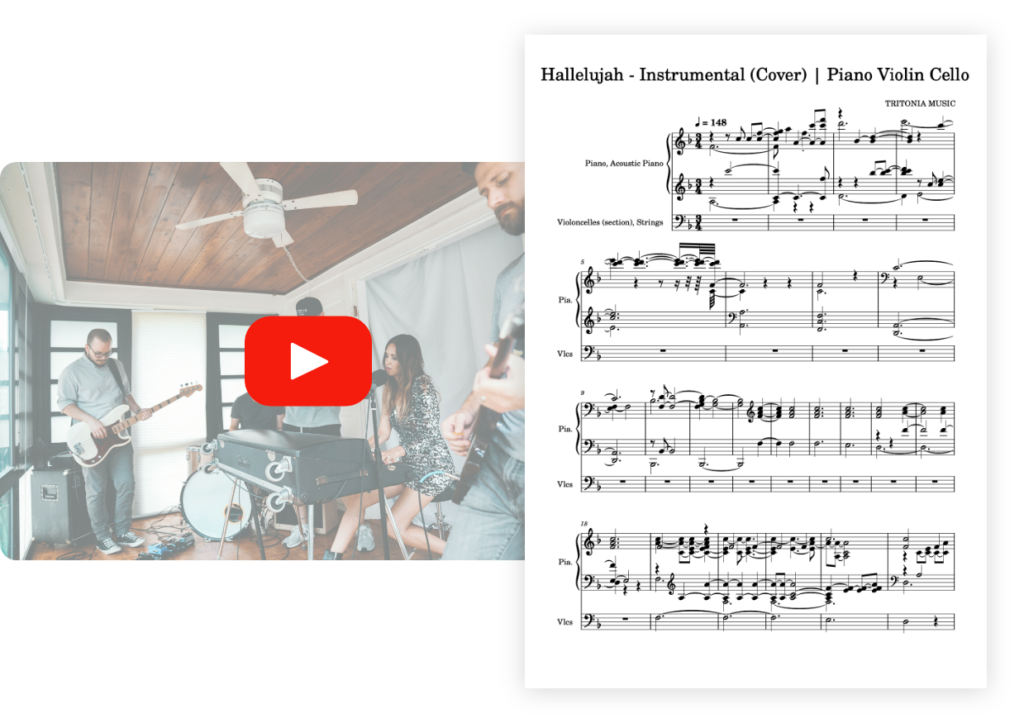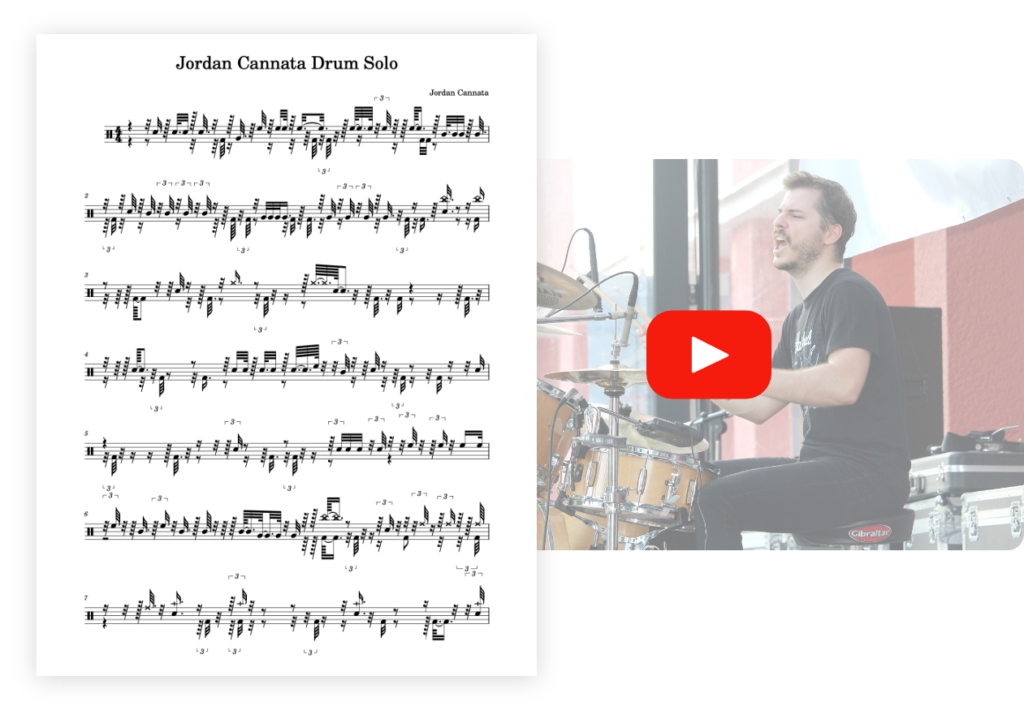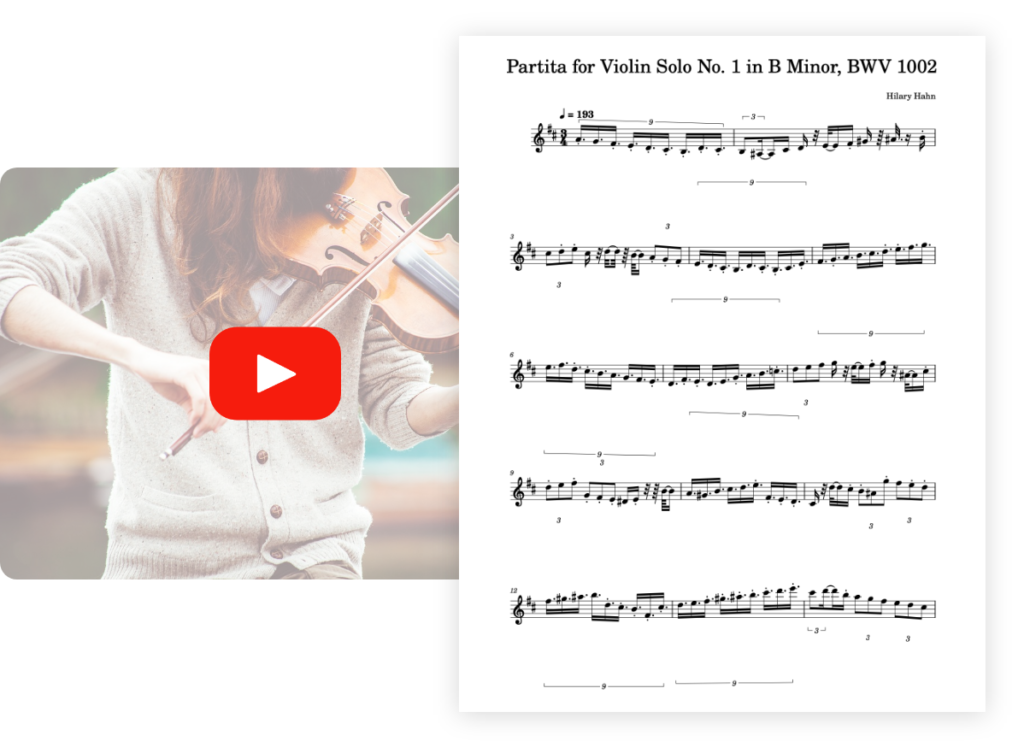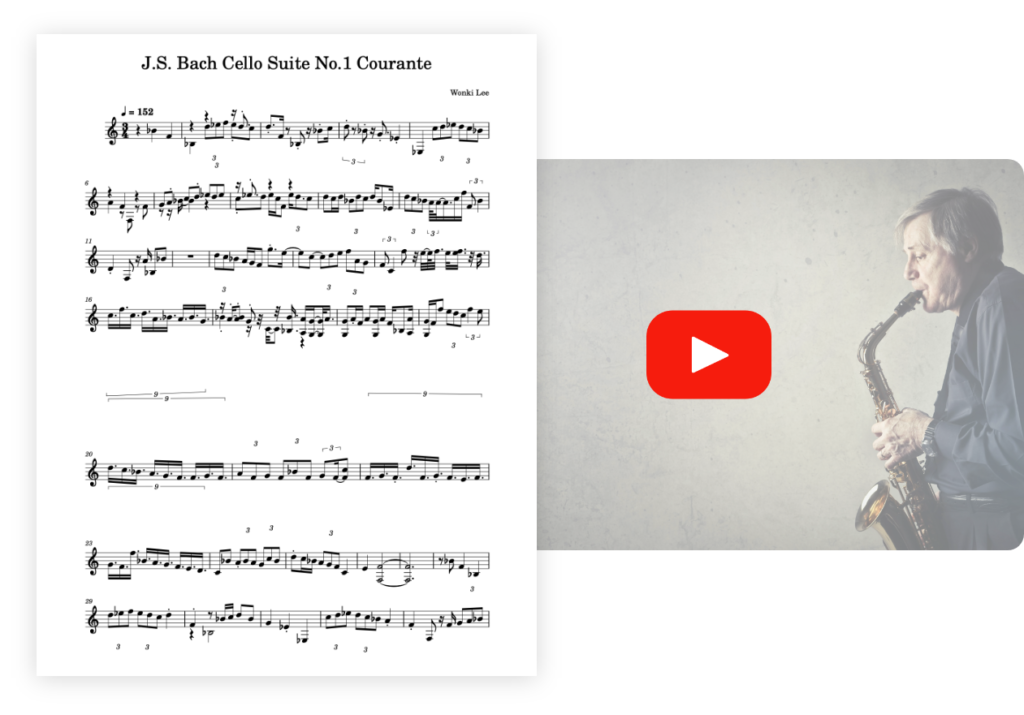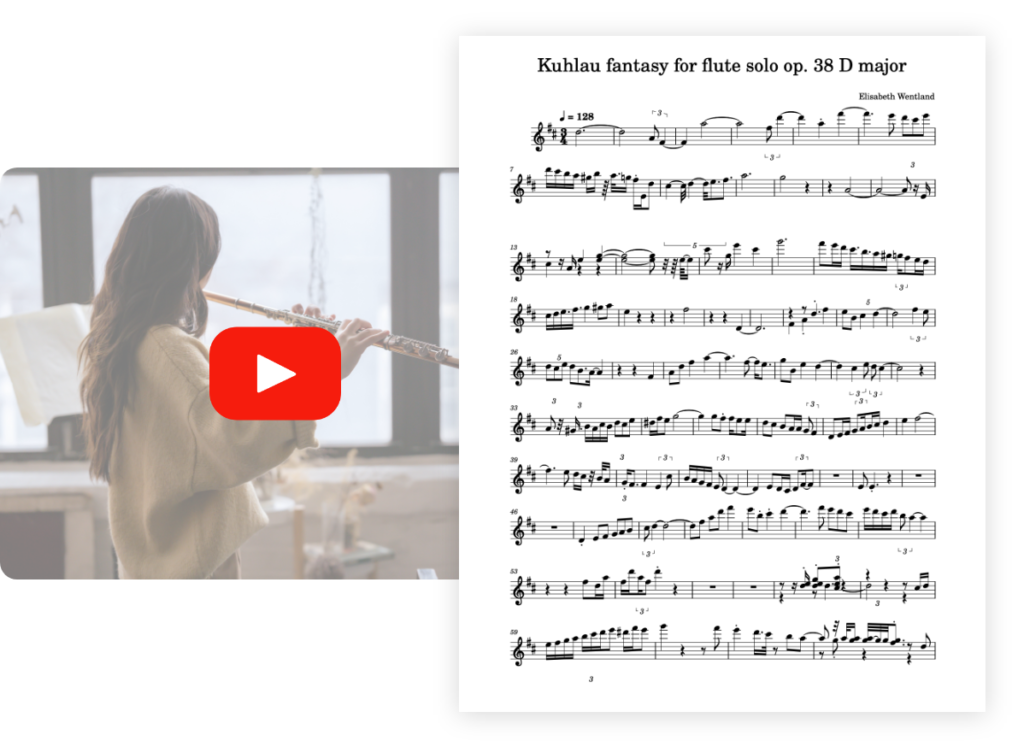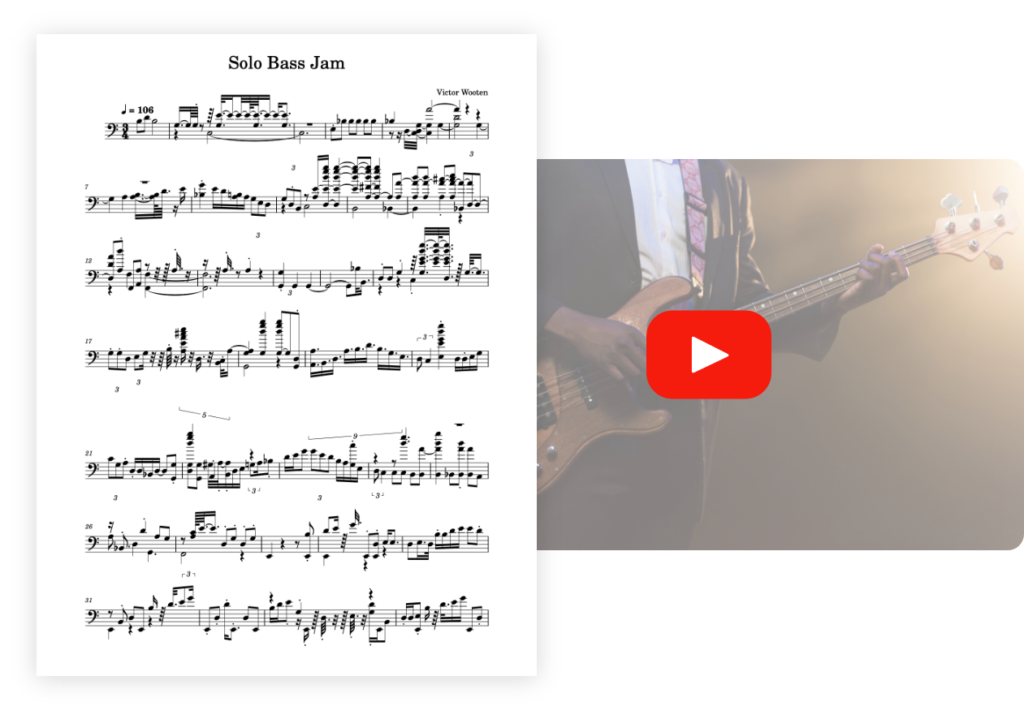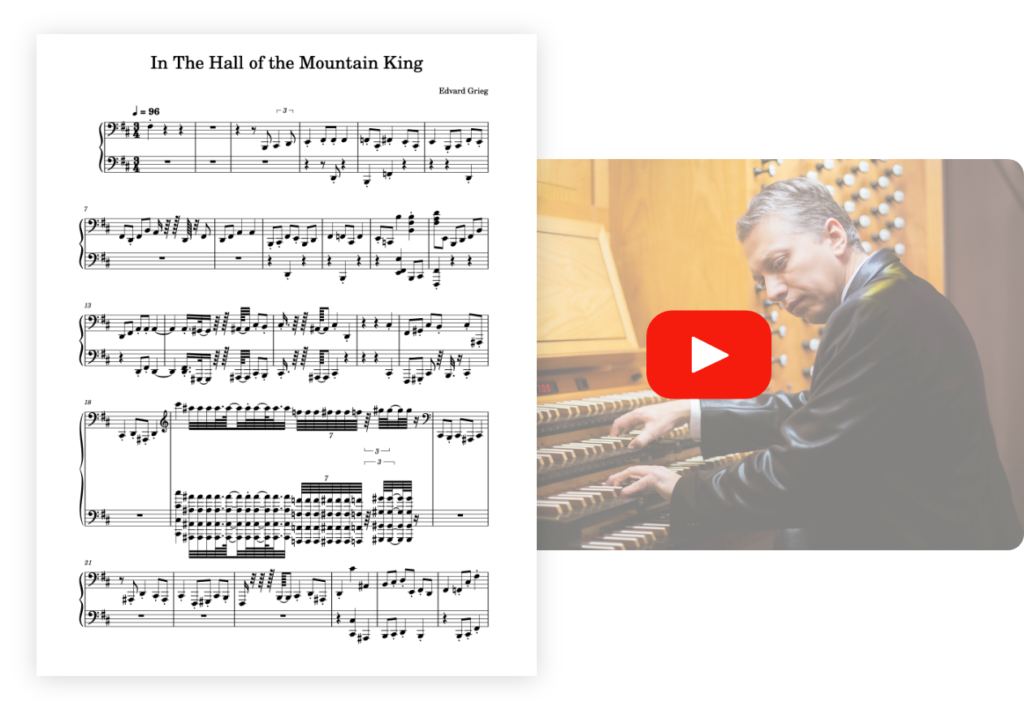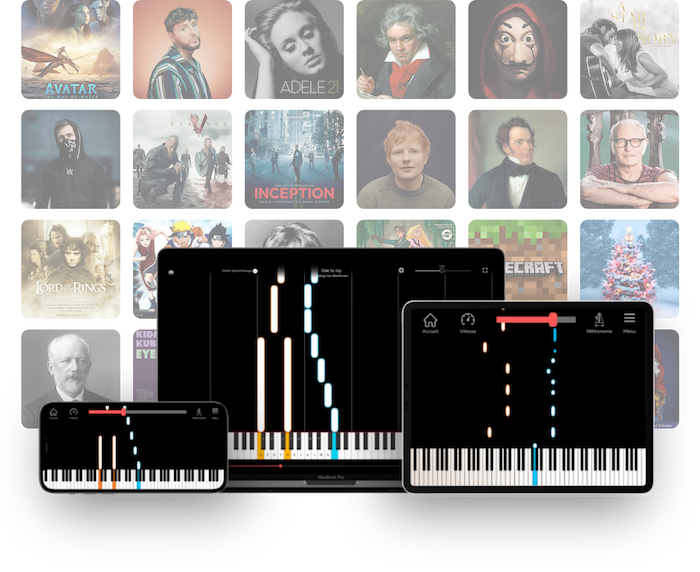
The memory
Perceptual analysis of music is associated with memory work, thus involving essential regions of the brain in the encoding and recall of information. Some studies tend to prove that musical memory puts more strain on the brain than language memory. The recording and interpretation speed of the brain is much higher when the information is musical. “When music reaches us,” says Emmanuel Bigand, professor of cognitive psychology at the University of Burgundy and director of the Laboratory for Learning and Development Studies, “our brain interprets it at a speed of 250 thousandths of a second, during which a real neural symphony is played. »
Music is processed automatically and involuntarily by the brain, the information is then immediately stored implicitly. Emmanuel Bigand explains: “Long before birth, the baby memorizes musical works and is able to recognize them one year after birth, without having heard them again. At the other end of life, even when language activities disappear, especially in the advanced stages of Alzheimer’s disease, music remains accessible. Not only does it restore the desire to communicate, smile and sing, but it also awakens the memory and events associated with it. »
You most certainly remember the music during your first kiss, and that’s quite normal; by listening to familiar melodies, the emotions and feelings associated with it will be reactivated by your brain. In addition to the emotional effect, music also develops memory skills and helps to awaken young children, especially when playing a musical instrument.
The creativity
You have certainly already experienced this situation: a very special music reminds you of an equally special past event. Your brain connects the two pieces of information and associates them. Music has the power to remind us of a past time, place, person or emotion.
The nostalgia conveyed by music can be a catalyst for inspiration in our brains. By activating emotional springs (through what music inspires us spontaneously), music becomes a vector of creativity.
Classical music in particular has been the subject of research on its creative influence. It stimulates the imagination. If you play an instrument, listening to the music of your peers will also be an important source of inspiration so that you can compose your own songs. The beneficial effects of music are not limited to improving memory and creativity.

The stress
Scientific studies have recently shown that music can reduce stress levels by up to 65%. Why? Why? The answer is biological.
Following an event considered stressful, the body immediately secretes adrenaline. In the following minutes, it secretes a second hormone: cortisol.
Cortisol can cause significant damage to a person’s health. In this sequence of biological events, music plays a central role: it reduces the level of cortisol and thus restores a so-called “normal” state.
More effective and much less dangerous than antidepressants, music has a relaxing effect on both body and mind. When you are under stress, musical learning can help you get a good night’s rest and relax.

The concentration
When you are focused on a repetitive or boring task, the music becomes stimulating. “Music easily captures our attention: as soon as there is music in the environment, the brain synchronizes very naturally,” says Hervé Platel, a neuropsychology researcher at the University of Caen.
Unlike the language entry pathways into the brain, those of music are much more complex. They involve a wide variety of brain regions, particularly those related to knowledge learning and memorization.
Thus, the brain circuits of memory are constantly stimulated, making intellectual tasks less tiring.
Music affects our energy and good mood; according to scientific studies that have looked at the subject, listening to music would release dopamine (also known as the “happiness hormone”). This would therefore have a significant influence on concentration and motivation.
The intellectual quotient
Learning to play music significantly improves brain function and would increase your IQ by seven points or more.
Lutz Jäncke, a neuropsychologist and cognitive neuroscientist, says that “even in people over 65 years of age, after four or five months of playing an instrument for one hour a week, there have been significant changes in the brain”.
Indeed, thanks to the stimulation of the various zones and functions of the brain mentioned above (memory, creativity, concentration), the very architecture of the brain is changing and evolving.
Let’s take the example of the experiment conducted at the University of California’s Neurobiology Center for Learning and Memory. Members of the research team measured the impact on the IQ of high school students of prolonged listening to Wolfgang Amadeus Mozart’s Sonata for Two Pianos in D Major K448.
The conclusions of the experiment are surprising: the results of all the students were better after listening to Mozart’s sonata, their IQ increasing up to 9 points in an ephemeral way (the effects broke down 15 minutes after the end of the experiment).
The researchers hypothesized that this evolution corresponded to a capacity of classical music to develop abstract reasoning by developing connections between various parts of the brain system.
If you are a music lover and often listen to music, why not get into music too? Stimulate your brain and enjoy the benefits of music with our simplified piano learning tool!





 PianoConvert
PianoConvert
 GuitarConvert
GuitarConvert
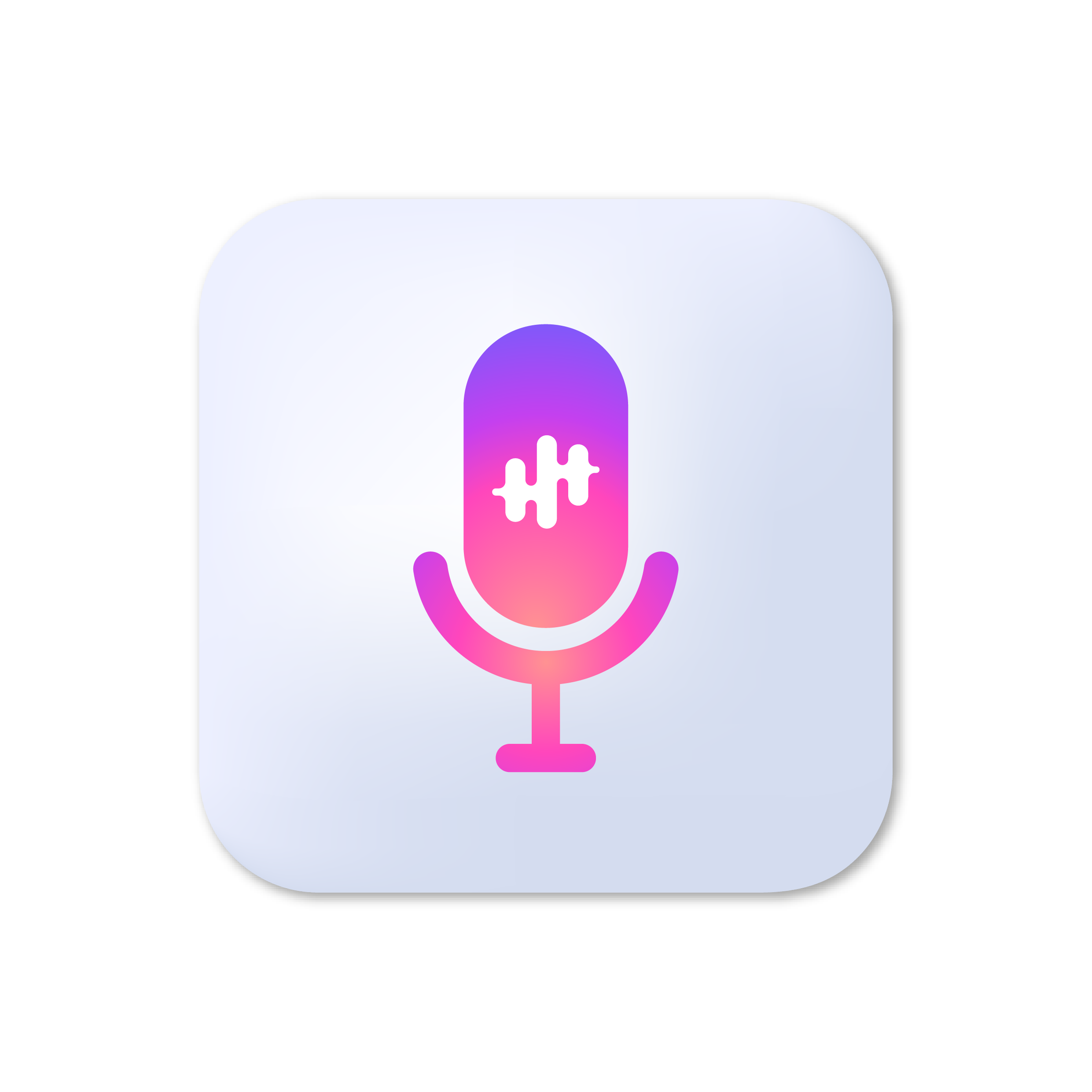 SingConvert
SingConvert
 BandConvert
BandConvert
 DrumConvert
DrumConvert
 ViolinConvert
ViolinConvert
 SaxConvert
SaxConvert
 FluteConvert
FluteConvert
 BassConvert
BassConvert
 TrumpetConvert
TrumpetConvert
 OrganConvert
OrganConvert
 PianoGo
PianoGo


